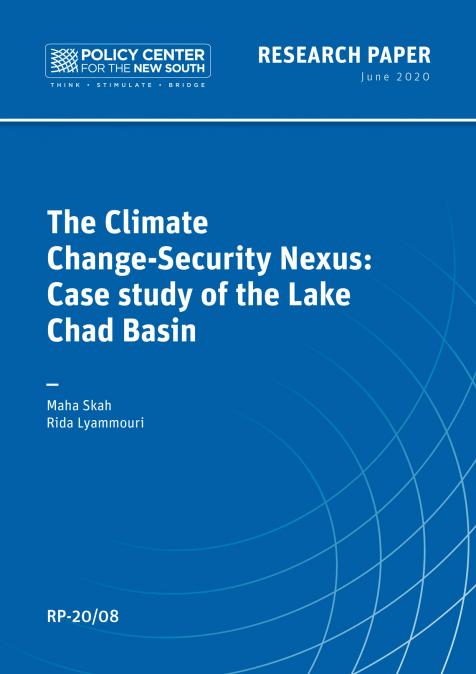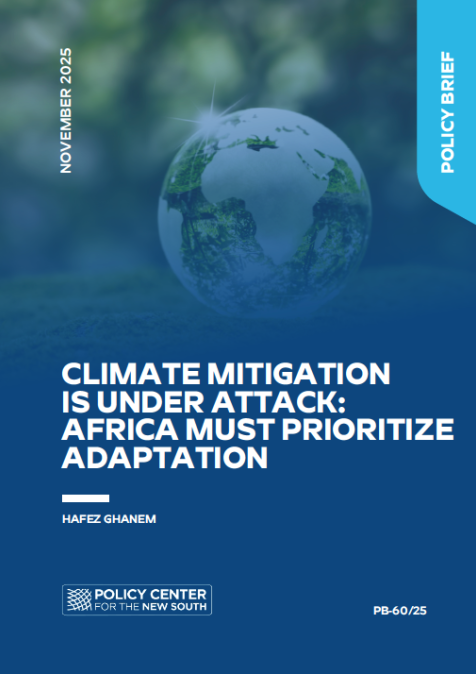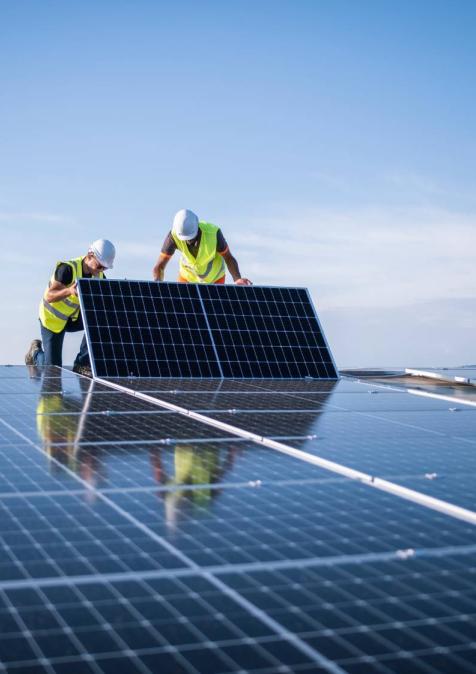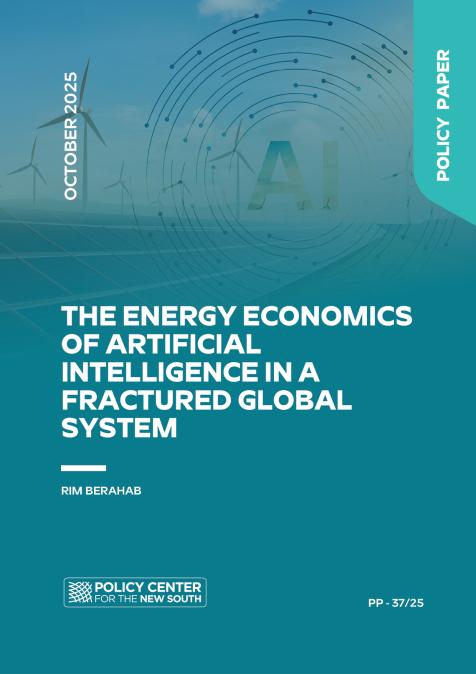Publications /
Research Paper
The securitization of climate change has important implications in terms of how the issue is framed and addressed, at national and international policy levels. It has become clear that climate change poses multiple and overlapping security challenges, including in terms of livelihood insecurity, disruption to agriculture and energy infrastructure, can fuel social tensions, conflict, and displacement. But consensus is growing around a more moderate view that climate change is exacerbating already existing vulnerabilities, rather than being, by itself, an inevitable cause of insecurity. The idea that climate change will lead to violent conflict has received considerable attention and has been heavily disputed in the academic literature. Studies have argued that drought significantly increases the likelihood of sustained conflict for particularly vulnerable people whose livelihoods depend on agriculture. There is also a growing recognition of the fact that the drivers of violence are most often multi-dimensional and highly contextual. The Lake Chad Basin crisis provides an interesting example of this attempt to make a direct link between climate change and violence. More recent studies have shown that individuals are more likely to engage in violence, be displaced, migrate, or join armed groups, including violent extremist organizations such as Boko Haram and Islamic State in West African Province, if they feel marginalized and treated unfairly, and if they don’t have access to basic services, rather than because of a warming climate.










